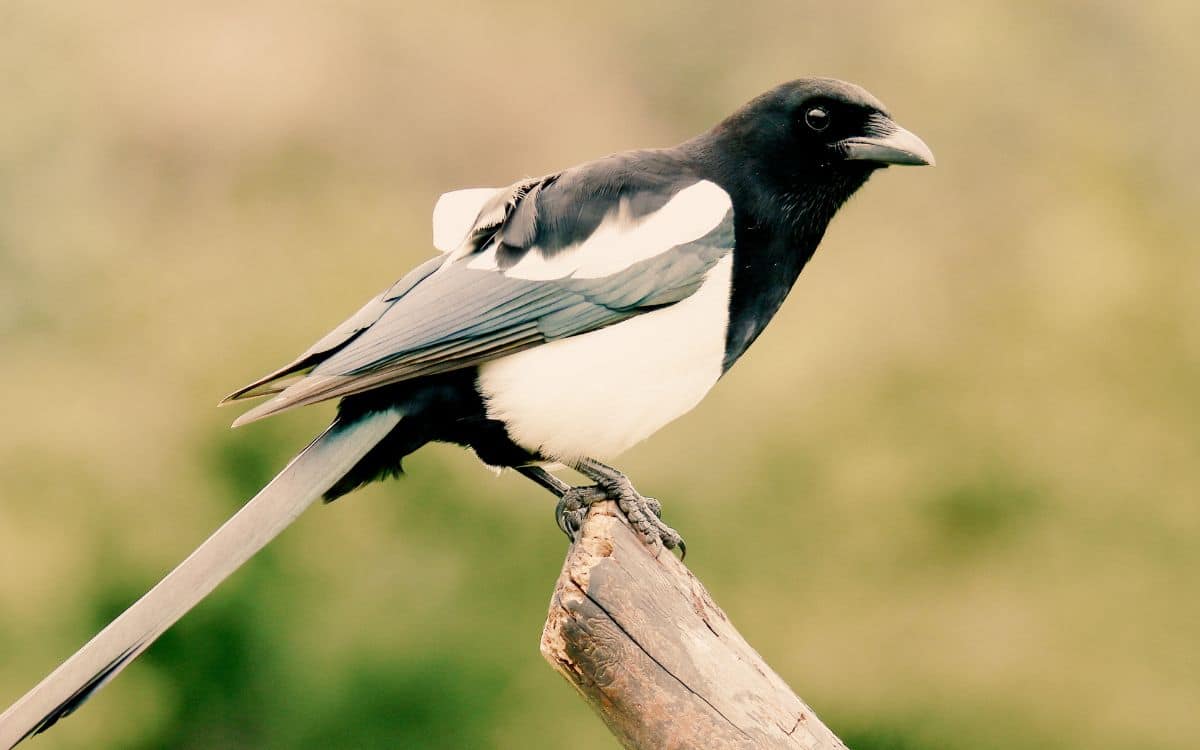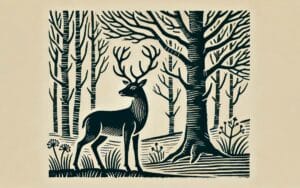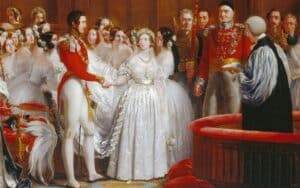The Magpie Rhyme has etched its way into British culture over generations, serving as both an omen and a cultural touchstone
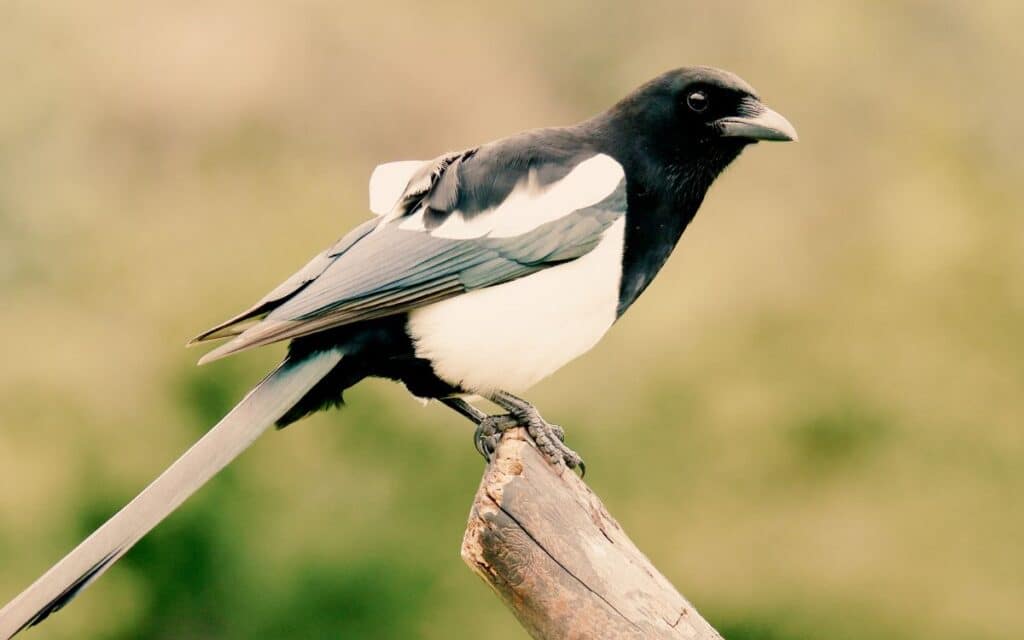
Magpies have been subject to human curiosity and interpretation for centuries. These black and white corvids are not only intelligent but are also entrenched in British folklore.
While several cultures have unique takes on the bird, in British culture, it holds a particular space, mostly through the famed “Magpie Rhyme” or “Magpie Song”.
History of the Magpie Rhyme
The Magpie Rhyme, or “One for Sorrow”, as it’s commonly known, is a traditional counting rhyme originating from early 19th-century Britain.
It serves as both a folk prediction tool and a learning to count magpies, a bird considered to be a harbinger of fortune or doom, depending on its number.
This rhyme became popular over time through nursery books and oral traditions, eventually weaving itself into the fabric of British society with children all over Britain and Ireland reciting it when they see a magpie.
Magpie Song lyrics (One for Sorrow, Two for Joy)
The rhyme has different versions depending on the area it is spoken, but here’s one variant:
One for sorrow,
Two for joy,
Three for a girl,
Four for a boy,
Five for silver,
Six for gold,
Seven for a secret,
Never to be told.
Magpie, magpie, why do you sigh?
I sit so alone as the world goes by.
Eight for a wish,
Nine for a kiss,
Ten for a bird,
You must not miss.
Some fun facts about the Magpie Rhyme
- The Basic Structure of the Rhyme Varies by Region
As we said above, the most basic version of the rhyme begins with “One for sorrow, two for joy”, but variations exist depending on the region. These differences give a glimpse into how folklore can evolve within the same culture. - Magpies and Witchcraft Are Often Linked
Historically, magpies were thought to be witches’ familiars or companions. The “One for Sorrow” rhyme might have emerged as a coded message to decipher the intentions of these magical birds. - The Rhyme’s Inclusion in Modern Media
The Magpie Rhyme has made its way into films, TV shows, and literature, showing the cultural impact of this simple counting chant. Magpie, the popular children’s television show of the 1970s, used it as its theme tune played by The Spencer Davis Group. - Folklore Versus Science: The Intelligence of Magpies
While magpies are subjects of superstition, science backs their high intelligence levels. They can recognize themselves in mirrors, debunking the idea that they’re simply agents of superstition. - Social Relevance During Weddings and Funerals
People often recite the rhyme during significant life events. The number of magpies spotted can inform decisions or predict the event’s success. - An Unexpected Christian Influence
Though primarily pagan in origin, the rhyme does have Christian influences, particularly the notion of the magpie representing the devil or evil, reinforcing dual notions of good and bad. - Irish Variations Are More Optimistic
In Irish folklore, magpies are generally considered to be more auspicious. Rhymes related to magpies in Ireland often carry a more hopeful undertone. - Practical Use in Divining the Future
Traditionally, people used the rhyme to divine outcomes of ventures like farming, thereby giving it a utilitarian purpose beyond mere superstition. - The Magpie Rhyme in Children’s Lore
The rhyme is often used as an educational tool for children, teaching them both counting and a touch of folklore. - Enduring Fascination: Modern Adaptations and Uses
From smartphone apps that “count magpies” to art installations, the rhyme continues to be a cultural touchpoint for all ages.
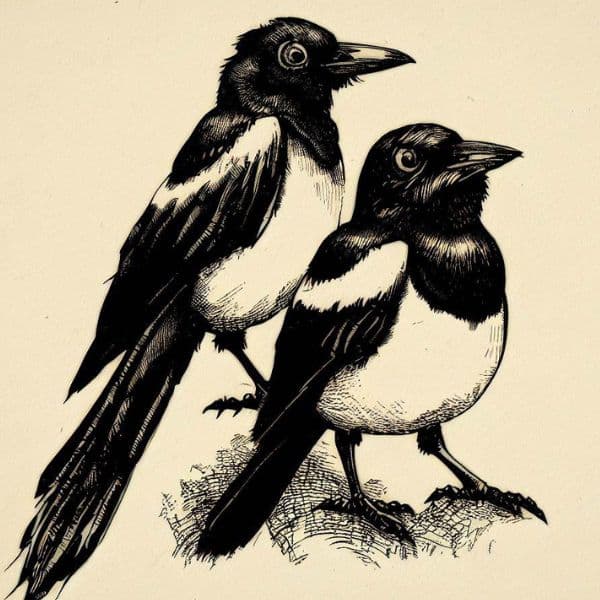
The Magpie Rhyme serves more than just a historical recounting; it’s used for divining luck and fortune even today.
Whether it’s in determining the outcome of a new venture or predicting the success of a marriage, the rhyme has a practical utility in modern folklore practices.
Do you use a different version of the Magpie song? Tell us your thoughts on the Magpie Rhyme in the comments section below!

